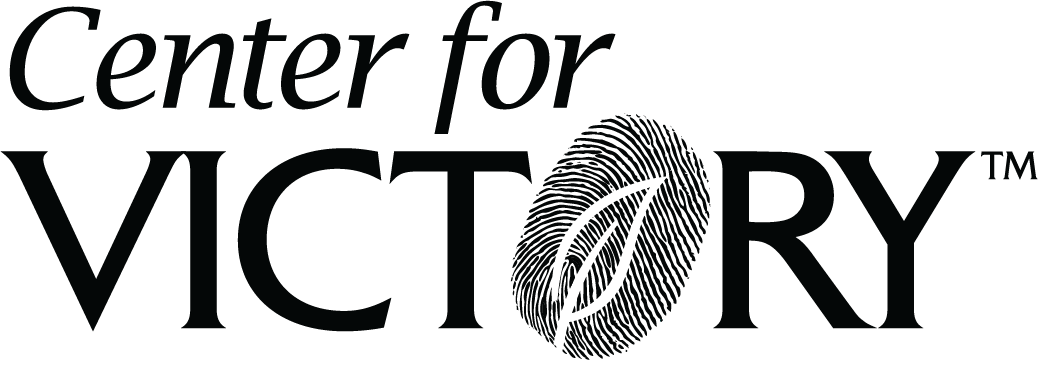Episode 188: Nail the Recruiting Process
Navigating the Recruiting Landscape
In this week’s podcast episode, Chief Victory Officer, Eric Guy is joined by the author of consultant for college coaches, Jared Zeidman. Together, they dive into the essential strategies high school athletes need to succeed in today’s competitive recruiting landscape.
In this week’s episode of the podcast, Chief Victory Officer Eric Guy sits down with Jared Zeidman, a consultant for college coaches and author, to discuss the essential strategies that high school athletes need to navigate today’s highly competitive recruiting landscape. Their conversation is filled with practical advice and insights that are crucial for athletes who aspire to take their game to the next level in college sports.
Focus on GEAR: A Framework for Success
One of the core takeaways from the episode is Jared Zeidman’s GEAR framework, which stands for Growth-oriented, Engage, Aware, and Ready. This approach helps high school athletes develop the mindset and skills needed to thrive in the recruiting process and beyond.
G: Growth-oriented
Being growth-oriented means embracing failures as learning experiences. Zeidman emphasizes that setbacks are not the end but rather opportunities for growth. Athletes should look at every loss, mistake, or challenge as a chance to improve. This mindset not only builds resilience but also demonstrates to coaches that an athlete is willing to put in the work to better themselves, an invaluable trait in any player.
E: Engage
Engagement goes beyond just participating in games and practices. It involves being fully present, showing good posture, and making eye contact with coaches. Engaging also means being locked in all aspects of the game, from listening attentively to feedback to actively participating in team dynamics. This level of engagement signals to coaches that an athlete is serious, disciplined, and ready to contribute to the team.
A: Aware
Self-awareness is a critical, yet often overlooked, component of athletic success. Zeidman encourages athletes to take the time to understand their own strengths, weaknesses, and goals. Knowing what you want to achieve and where you need to improve not only helps in personal development but also aids in finding the right college program that aligns with your aspirations.
R: Ready
Preparation is key. By being growth-oriented, engaged, and aware, athletes can prepare themselves for whatever challenges lie ahead in college. Readiness means having the mental, emotional, and physical resilience to handle the transition from high school to college sports, where the competition level is significantly higher and the demands on student-athletes are more intense.
The Value of Multi-Sport Participation
Another significant insight from the episode is the importance of playing multiple sports in high school. Zeidman argues that participating in different sports can build resilience and adaptability, as it exposes athletes to a variety of coaching styles, team dynamics, and competitive environments. This adaptability is invaluable in college sports, where the ability to adjust quickly and perform under different conditions can set an athlete apart from the rest.
Multi-sport participation also helps athletes avoid burnout and overuse injuries, common risks when specializing too early in one sport. By diversifying their athletic experiences, athletes not only keep the joy of playing alive but also develop a broader skill set that can translate to better performance in their primary sport.
Attitude Over Prestige
Zeidman stresses that college coaches prioritize an athlete’s ability to compete and maintain a positive attitude over the prestige of their high school program or individual stats. In the recruiting process, coaches are looking for players who will contribute positively to the team culture, handle adversity well, and continue to improve.
He highlights that while talent is important, attitude is often what “breaks the tie” when coaches are deciding between similarly skilled athletes. A player who demonstrates grit, resilience, and a willingness to learn can be more valuable than one with impressive stats but a poor attitude.
Asking the Right Questions
A unique piece of advice from Zeidman is to shift the focus from trying to impress coaches to asking the right questions during the recruiting process. Instead of worrying about having all the right answers, athletes should seek to understand what they need to succeed at the next level. Questions about a program’s culture, expectations, and support systems can provide deeper insights than simply showcasing one’s skills.
As Zeidman puts it, “My aim is to teach you to fish, not give you the fish.” This mindset encourages athletes to take ownership of their recruiting journey, to be proactive in finding the best fit for their talents and goals, and to approach the process as a learning experience.
Conclusion
Navigating the college recruiting landscape can be daunting, but with the right mindset and strategies, high school athletes can position themselves for success. By focusing on growth, engagement, self-awareness, and readiness, playing multiple sports, maintaining a positive attitude, and asking insightful questions, athletes can make informed decisions that align with their personal and athletic goals. As Zeidman reminds us, “When you show up on a college campus, you’re not the big fish anymore.” It’s the attitude, adaptability, and willingness to learn that will help athletes thrive in their new environment.
Make this your BEST DAY YET! Learn more at resources.CenterForVictory.com.
Search Podcasts
Recent Episodes
Subscribe!
Thanks for subscribing! Please check your email for further instructions.
